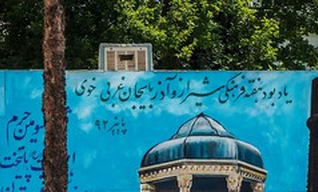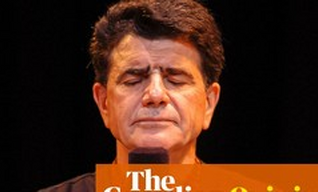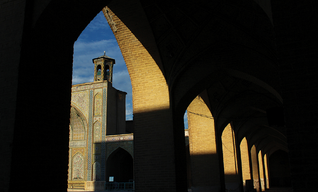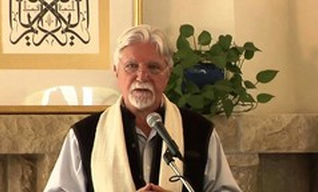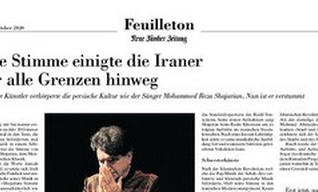
Marian Brehmer
-
Noch keine BeiträgeHier wird noch geschrieben ... bitte schaue bald nochmal vorbei

Marian Brehmer
-
indien
-
iran
-
reisereportagen
-
rezensionen
-
islamische kultur
Freier Autor mit Fokus auf islamischen Kulturwelten von der Türkei bis Indien. Aktueller Lebensmittelpunkt in Istanbul.
Lieblingsthemen: Islamische Mystik, Kultur des Iran, Pluralität Südasiens, Spiritualität und Ökologie, persönliche und gesellschaftliche Transformationsprozesse.
Bachelor-Studium der Iranistik und Persischen Sprache/Literatur in Berlin und Teheran. Master in Civilisation Studies an der Ibn Khaldun Universität Istanbul.
Redaktionelles Praktikum bei Zenith - Zeitschrift für den Orient, Berlin.
Freier Autor für Qantara (Deutsche Welle), Neue Zürcher Zeitung, Süddeutsche Zeitung, Globetrotter-Magazin, Brandeins, The Guardian und Parabola Magazine u.a.
Berichterstattung aus Türkei, Iran, Pakistan, Afghanistan und Indien.
Referenzen bei Berliner Zeitung, Islamische Zeitung, Open Magazine, Reporter.lu, Skylife Magazine, Spiegel Online, Südwest-Zeitung, Tagesspiegel, The Wire und Zeit Online.
Spricht Englisch, Persisch, Türkisch, Französisch (fließend) und Hindi/Urdu (Grundlagen).
Auftraggeber
Qantara , Süddeutsche Zeitung , Zeitonline
Weitere Profile
Fehler!
Leider konnte der Artikel nicht gefunden werden.
We can't find the internet
Attempting to reconnect
Something went wrong!
Hang in there while we get back on track



